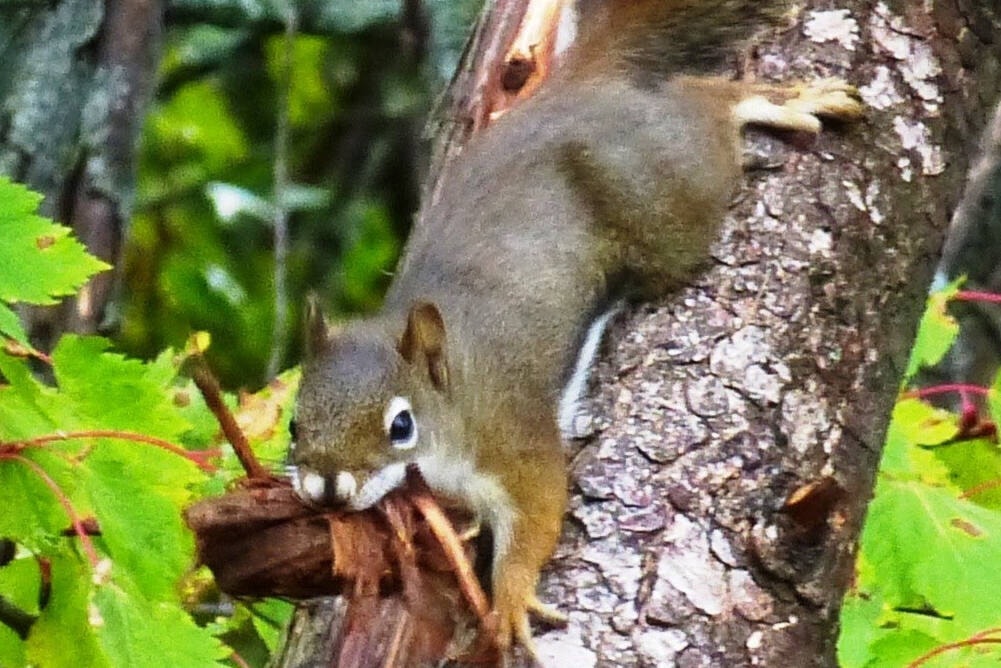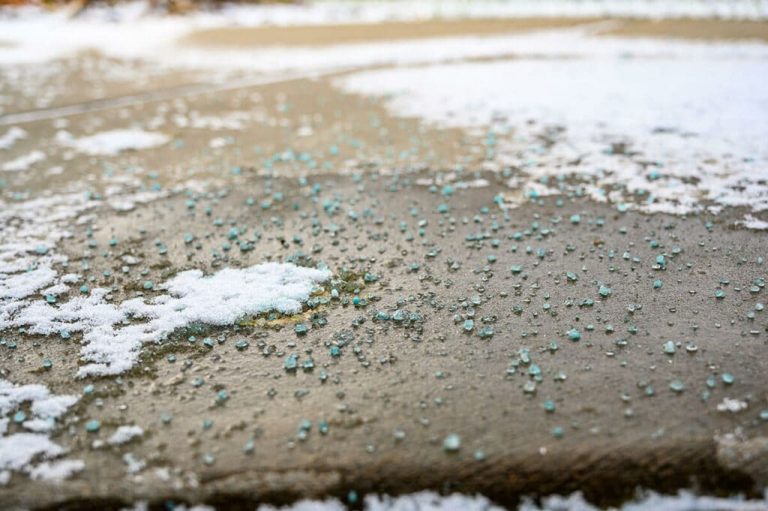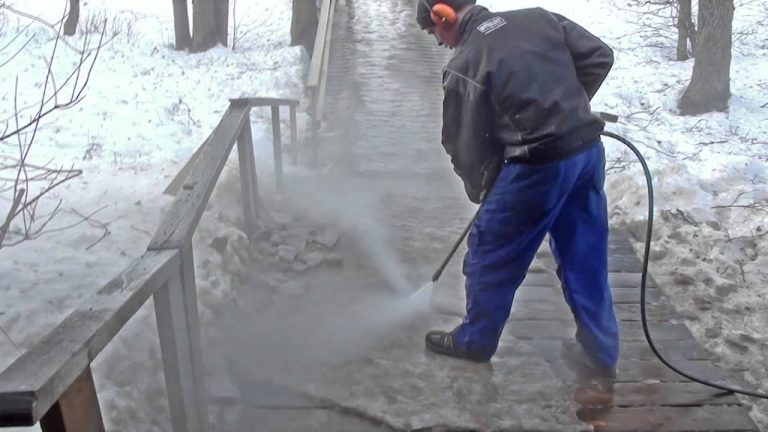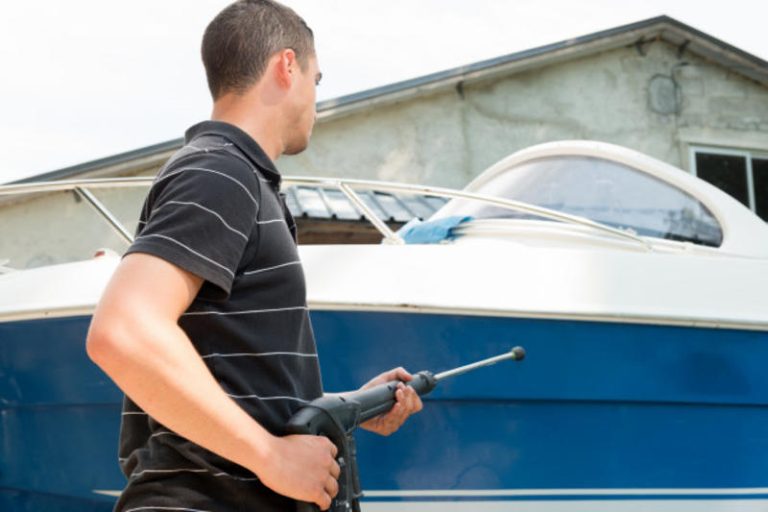
Pressure washing is one of the fastest, most effective ways to clean outdoor surfaces — from decks and driveways to fences and patios. But while you’re blasting away dirt and grime, have you ever wondered how it might affect the wildlife living around your home?
From birds and bugs to squirrels and frogs, your backyard is more alive than you may realize. And what seems like a simple chore to us can have a bigger impact than expected on the surrounding ecosystem. Let’s explore how pressure washing interacts with local wildlife — and how to do it more responsibly. 🌍🧼
🐿️ The Hidden Habitats Around Your Home
You might not see them at first glance, but pressure washing often disturbs:
- Birds nesting in eaves, trees, and gutters
- Lizards and frogs hiding under decks or siding
- Bees, butterflies, and moths resting on plants or walls
- Squirrels living in attic spaces or trees nearby
- Insects and spiders that have built homes in corners and crevices
These small creatures rely on quiet, undisturbed areas for shelter and survival. The noise, vibration, and force of pressure washing can be incredibly disruptive — and sometimes dangerous — for them. 🚫🪰
💦 How Pressure Washing Can Harm Wildlife
Here are the main ways power washing can negatively impact nearby animals:
1. Noise and Vibration Disturbances
Pressure washers are loud. The constant motor hum and water blast can:
- Scare off birds from nests
- Cause stress for pets and local mammals
- Disrupt natural communication between animals
The vibrations, especially near wooden structures, can shake nests loose or cause young animals to flee prematurely. 🐣😢
2. Habitat Destruction
A pressure washer can accidentally destroy:
- Bird nests under eaves or gutters
- Spider webs, insect cocoons, and bee habitats
- Burrows and hiding places under porches or decks
- Mossy or algae-covered surfaces where frogs and salamanders hide
Even one pass of the wand can eliminate shelter or destroy a delicate habitat. 🕸️💔
3. Chemical Runoff and Toxicity
Using harsh detergents or soaps can introduce chemicals into:
- Soil, where bugs and worms live
- Ponds, streams, or birdbaths, used by frogs, fish, or birds
- Plant roots, harming local insects like bees and butterflies
Toxic runoff can contaminate a delicate ecosystem quickly — and sometimes invisibly. 🧴⚠️
🌸 Eco-Friendly Pressure Washing Tips
Good news — you can still pressure wash your property without hurting wildlife. It just takes a little awareness and care:
✅ 1. Inspect Before You Spray
Look carefully for:
- Bird nests under eaves or in bushes
- Beehives or insect colonies in siding cracks
- Frog or lizard hiding spots in mulch, drains, or planters
If you find active nests or critters, wait until they’ve left or moved on before washing. 🕊️
✅ 2. Use Biodegradable Detergents
Choose eco-safe products labeled:
- “Non-toxic”
- “Pet safe”
- “Biodegradable”
- “Phosphate-free”
These break down naturally and won’t harm soil, insects, or aquatic life. ♻️🧼
Browse Amazon Here For Biodegradable Pressure Washing Detergents
✅ 3. Divert Runoff Away from Wildlife Areas
Avoid spraying chemicals near:
- Birdbaths
- Flower beds
- Streams or ponds
- Pet areas
Use barriers like landscaping fabric, sandbags, or even buckets to redirect runoff safely. 💧➡️🌱
✅ 4. Limit Cleaning Near Plants and Trees
If you’re pressure washing near bushes or trees where animals live:
- Use low pressure
- Angle your wand away from foliage
- Work in short sections to minimize disruption
Let nature settle back before moving to a new area. 🌳🌺
🐾 Consider Wildlife Timing
Many species are most active in spring and early summer, especially for nesting and raising young. That’s when animals are most vulnerable to disturbance.
If possible:
- Schedule pressure washing for late summer or early fall
- Clean earlier in the day to give wildlife time to relocate
- Keep pets indoors while washing to avoid compounding stress
🌿 Final Thoughts
Your backyard is more than a space — it’s part of an ecosystem. While pressure washing is a fantastic tool for home maintenance, it’s worth remembering that wildlife lives where we work.
By choosing gentle methods, using eco-friendly detergents, and being mindful of the creatures that share your outdoor space, you can enjoy a cleaner property without compromising the balance of nature. 🌎🧼🦉
Every wash can be a little more thoughtful — and a little more respectful — with just a few small changes.
Browse Amazon Here For Top Rated Power Washers And Accessories






